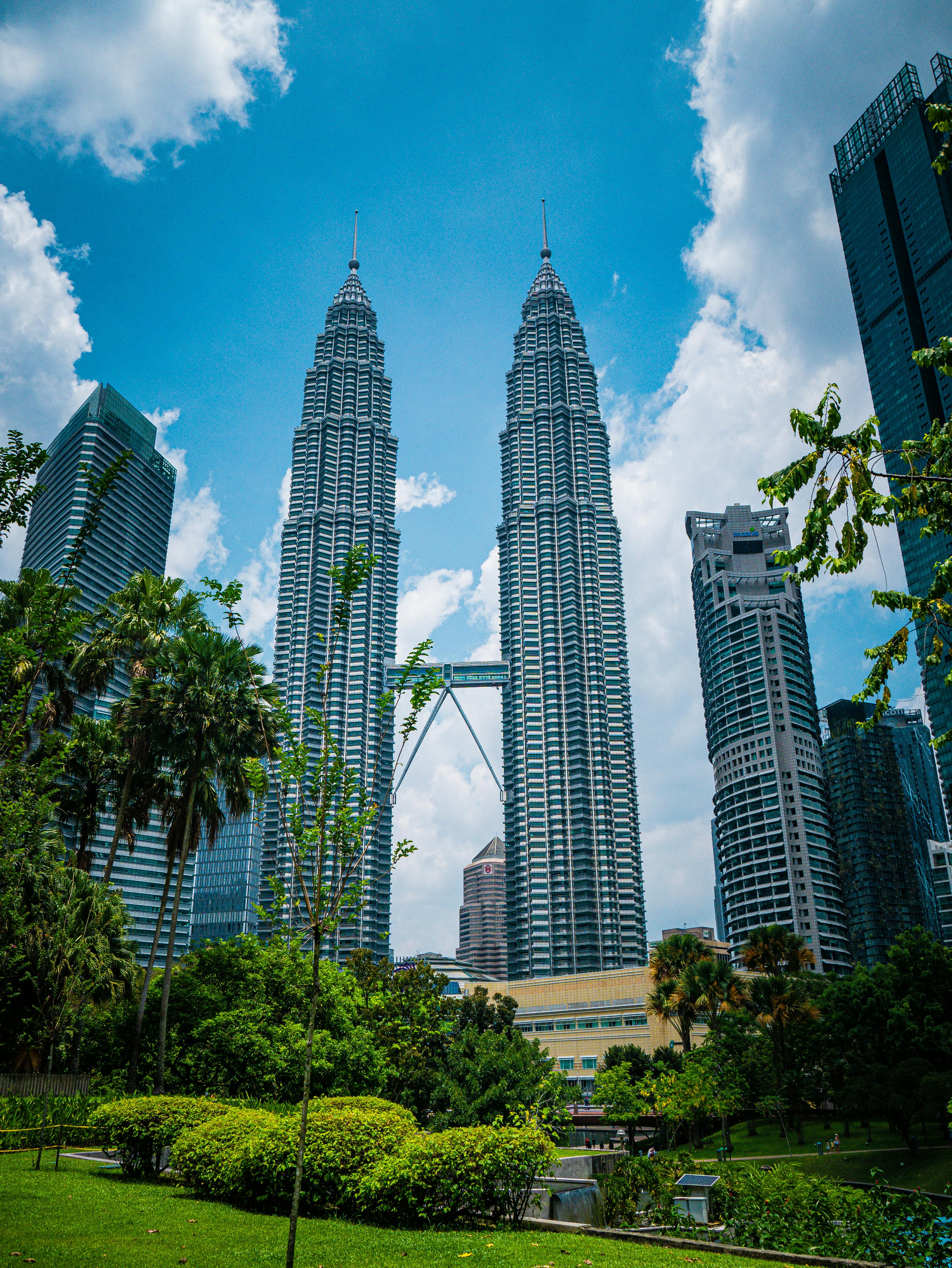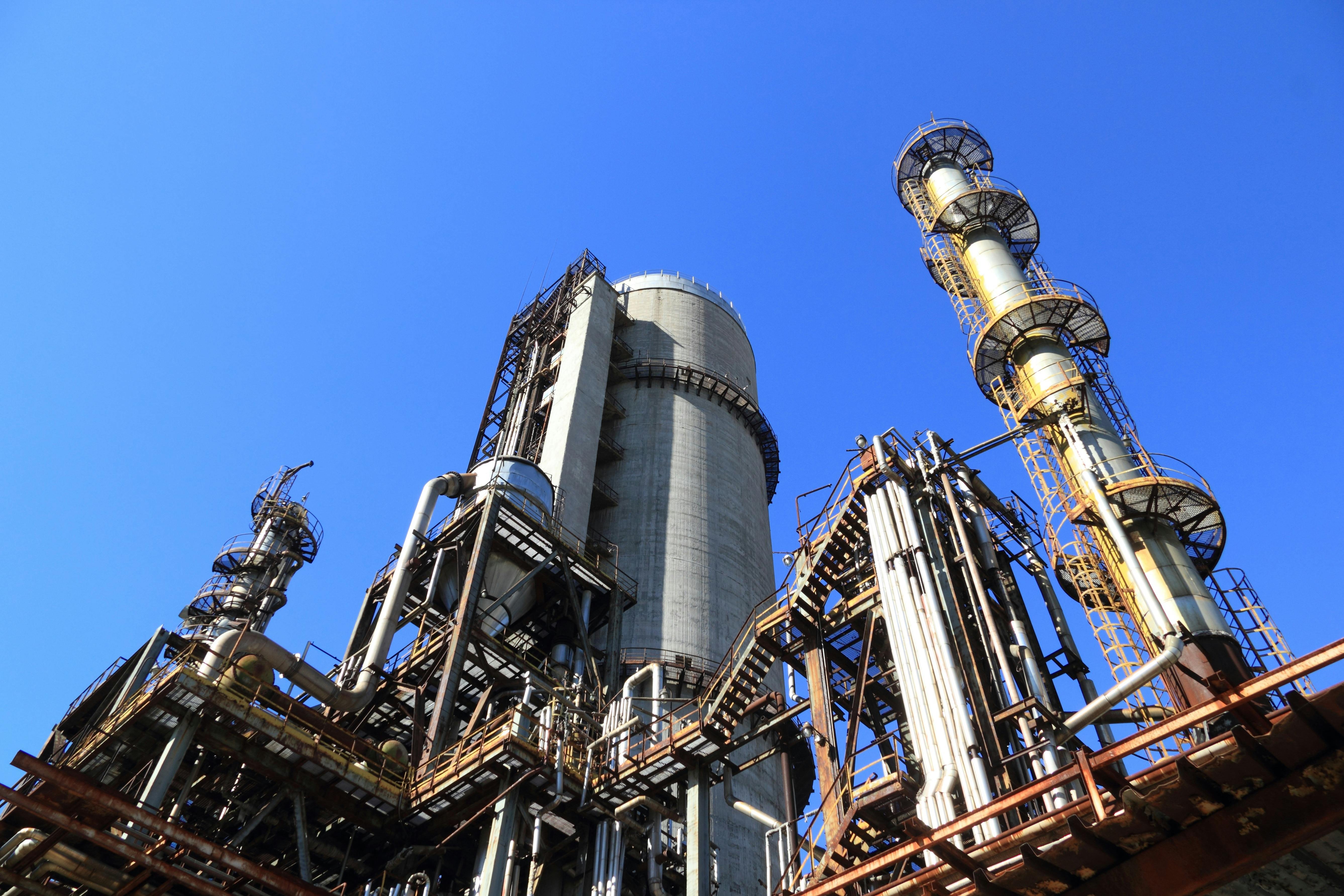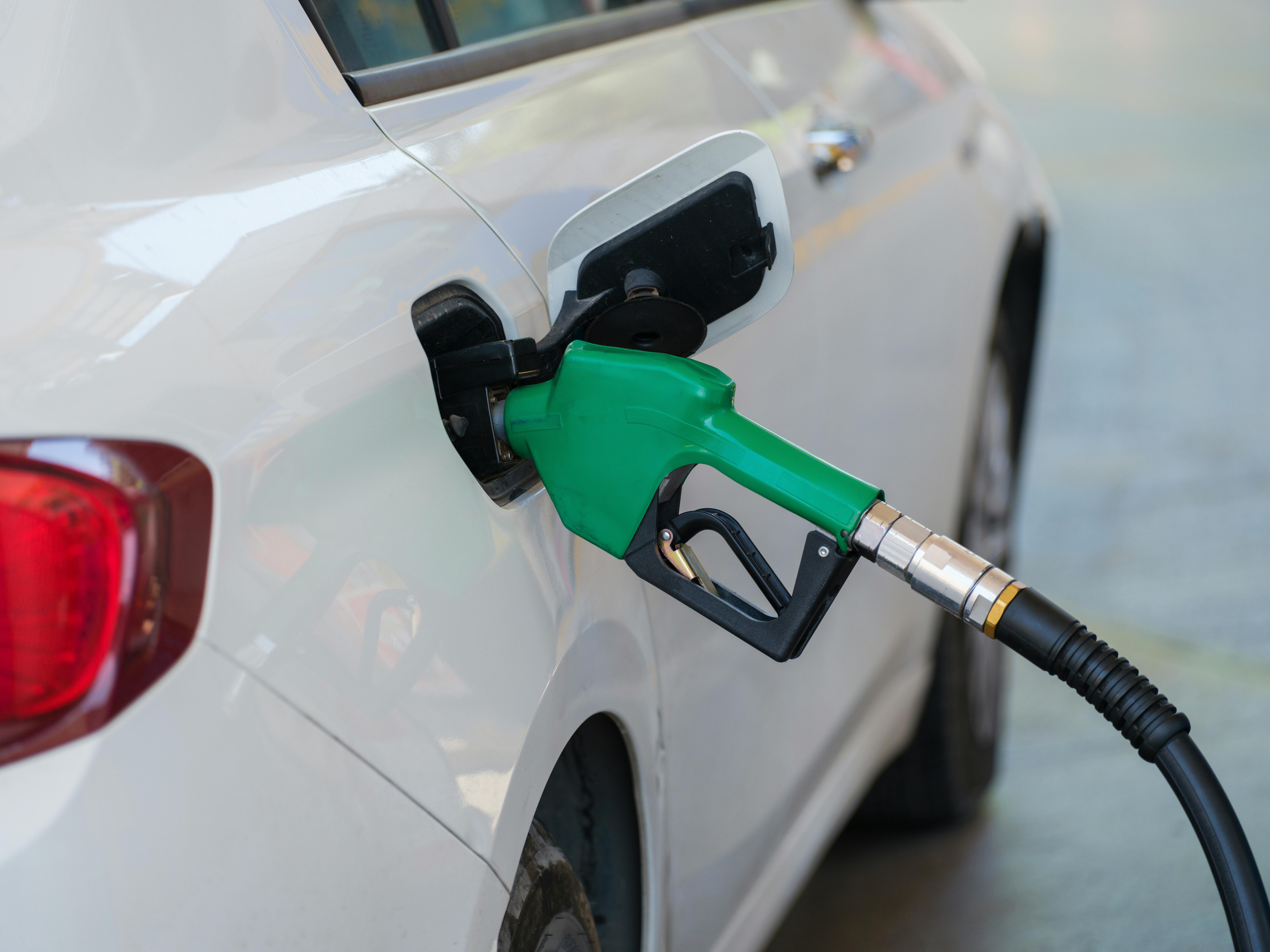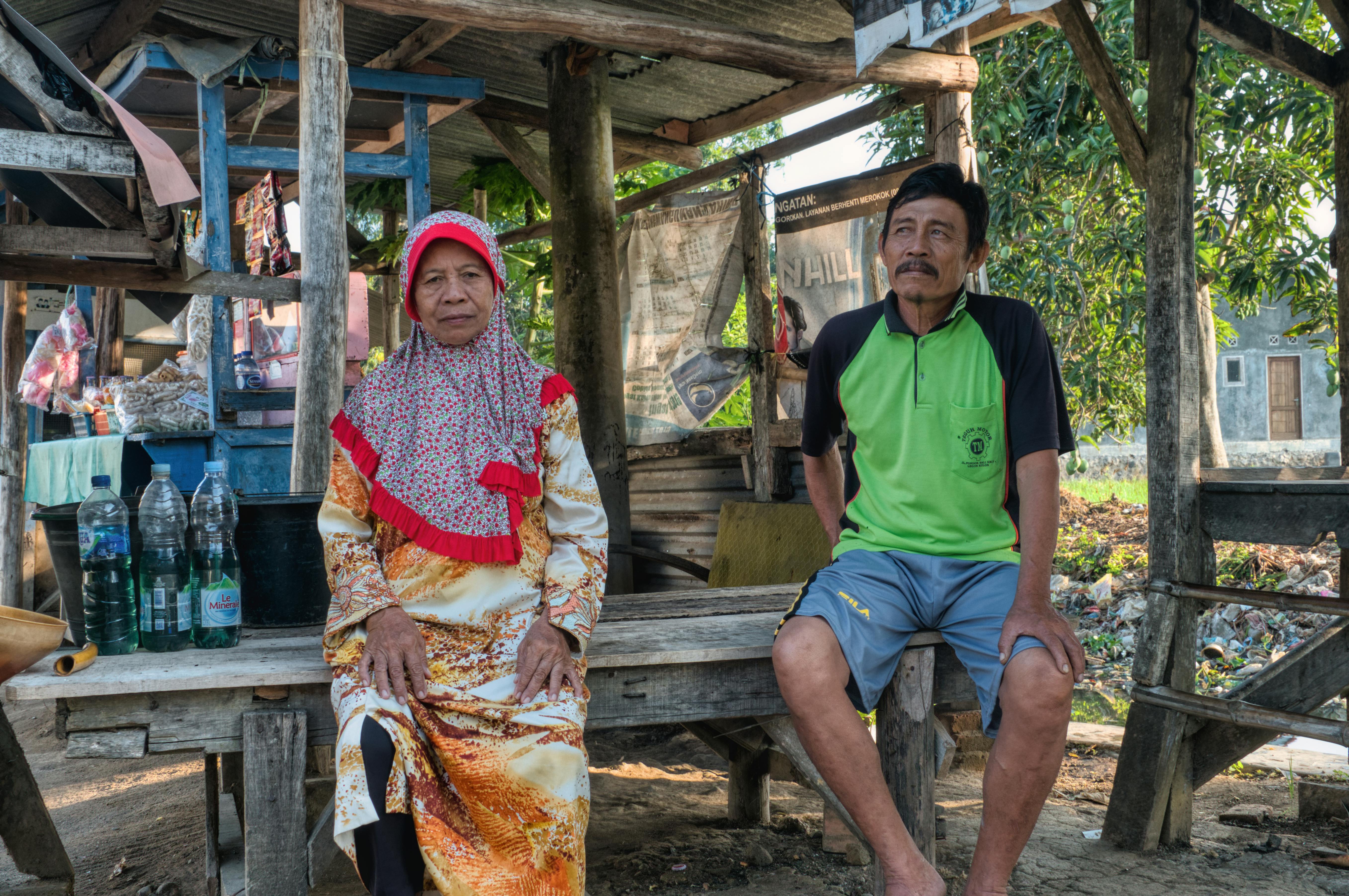Why Targeted Fuel Subsidy? Here's A Different Perspective On Malaysia's Oil & Gas Industry
You may not realise it, but the oil and gas sector powers many aspects of our everyday lives.
When you mention oil and gas, the first thing that comes to mind is probably pumping petrol at a gas station.
But what we don't realise is that beyond fuelling our vehicles and powering industries, oil and gas play a big role in many aspects of our everyday lives.
In case you didn't know, many of our country's major infrastructure, education, healthcare, and welfare projects have been made possible by oil and gas revenues. For oil-rich nations like Norway, the UAE, and Malaysia, the impact of oil and gas on economic development is undeniable.
To illustrate how crucial the role of oil and gas is in driving economic growth, just look to New Zealand, which this year announced plans to lift its 2018 ban on offshore petroleum exploration.
However, while this sector has pumped vast revenues into national projects, it's becoming clear that changes in how we manage fuel subsidies are on the horizon.
Malaysia's oil and gas sector is a powerhouse, generating an impressive RM300 billion annually for the nation
According to market research firm IBISWorld, the global oil and gas sector generated US$4.3 trillion (RM19.8 trillion) in revenue in 2023.
For Malaysia, the tax revenue derived from oil and gas is used by the government in various projects, from education and healthcare to infrastructure and social projects.
According to Yugendran Sivakumaran, an analyst at the Bait Al Amanah Research Institute, the national oil company, PETRONAS, has played a big part too, contributing directly to many social projects.
"For instance, PETRONAS has invested millions in the education system in Malaysia," he said.
Malaysia's oil discoveries have also sparked the growth of many businesses
Companies like Hibiscus Petroleum are involved in exploration, while Gas Malaysia ensures the distribution of natural gas. Even engineering firms like Eversendai and transport companies like MISC are reaping the rewards of Malaysia's oil and gas boom.
Beyond the traditional oil-producing states, even regions like Johor are benefiting. According to economist Niaz Asadullah, Johor Bahru, which is emerging as Malaysia's second economic capital, is positioning itself as a regional hub for storage and trading within the oil and gas sector.
"Collaboration with Singapore, a global leader in meeting environmental, social, and governance requirements, can also help develop an environmentally friendly petrochemical cluster and green economy," he said.
Asadullah, an associate fellow at Universiti Malaya's Centre for Research on Social Wellbeing, explained that revenue from the oil and gas sector has been channelled into developing human capital, bringing in substantial foreign direct investments (FDIs) and opening up plenty of job opportunities along the way.
Despite the sector's massive contributions, managing subsidies has become a growing challenge for the government
Oil and gas revenue has long helped keep everyday essentials affordable in Malaysia, thanks to subsidies that make petrol and diesel more budget-friendly. This has also allowed the government to maintain relatively low personal and other taxes compared to neighbouring countries.
However, with rising inflation and the increasing cost of subsidies – from RM1.4 billion in 2019 to RM14.3 billion in 2023 – the government is now rethinking this approach.
With the announcement of the 2025 budget, the government has outlined plans to implement targeted fuel subsidies in Q2 2025. This approach is expected to help manage the rising costs while ensuring that support is directed to those who truly need it. By focusing on targeted assistance, the government aims to reduce financial leakage and reinvest savings into crucial public infrastructure and social programs.
Starting in mid-2025, subsidies for RON95 petrol will be gradually reduced but will still cover about 85% of the population, with a specific focus on lower-income groups. It's important to note that electricity subsidies will remain unaffected for most people, ensuring that essential services continue to support households during this transition.
Many countries are already cutting back on oil subsidies. Nigeria, Ghana, and Kenya have all removed their subsidies, leading to sharp increases in fuel prices. In Norway, petrol now costs an average of €1.72 (RM8.66) per litre.
Malaysia has begun to follow suit, removing diesel subsidies for private vehicle owners as of 10 June 2024. This change saw prices jump from RM2.15 to RM3.35 per litre
The move toward targeted subsidies has garnered support from various groups
The Consumers Association of Penang (CAP), for instance, has voiced the need for subsidies to benefit only those who truly need them, rather than being distributed across the board.
Beyond curbing unnecessary spending, retargeting subsidies could help reduce fuel smuggling across borders, where Malaysia's cheaper fuel is often illegally transported to neighbouring countries with higher prices.
Second finance minister Amir Hamzah Azizan emphasised that fuel subsidies have caused billions in losses due to leakages over the years.
By saving up to RM4 billion annually through targeted subsidies, the government aims to channel these funds into improving public infrastructure and offering better social protection to those who need it most.





